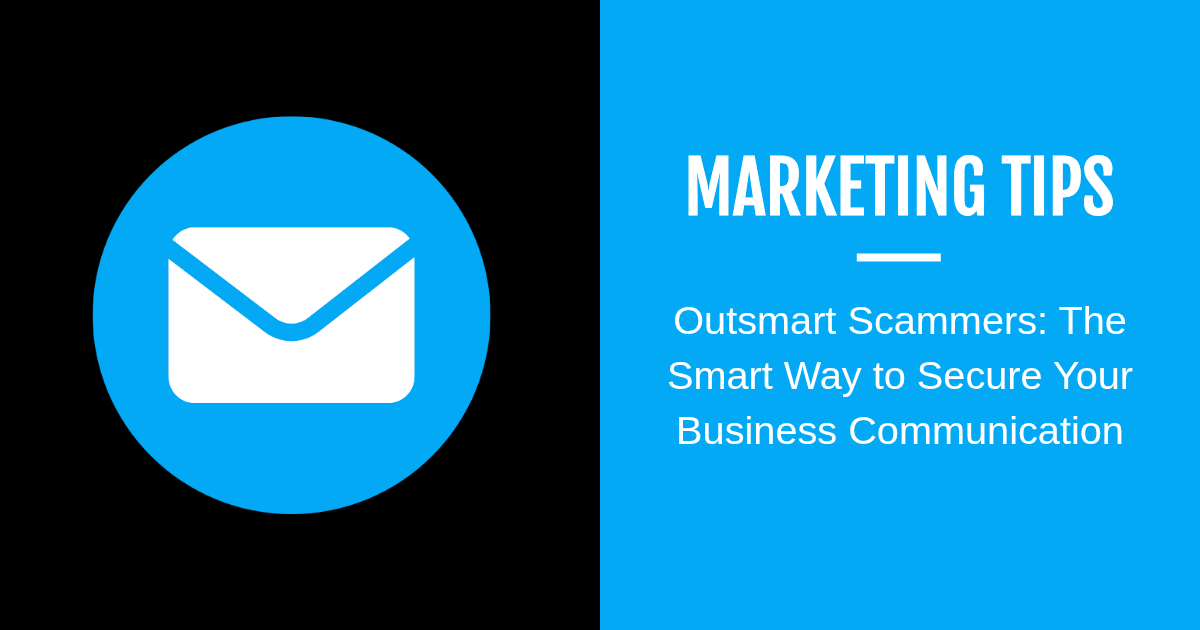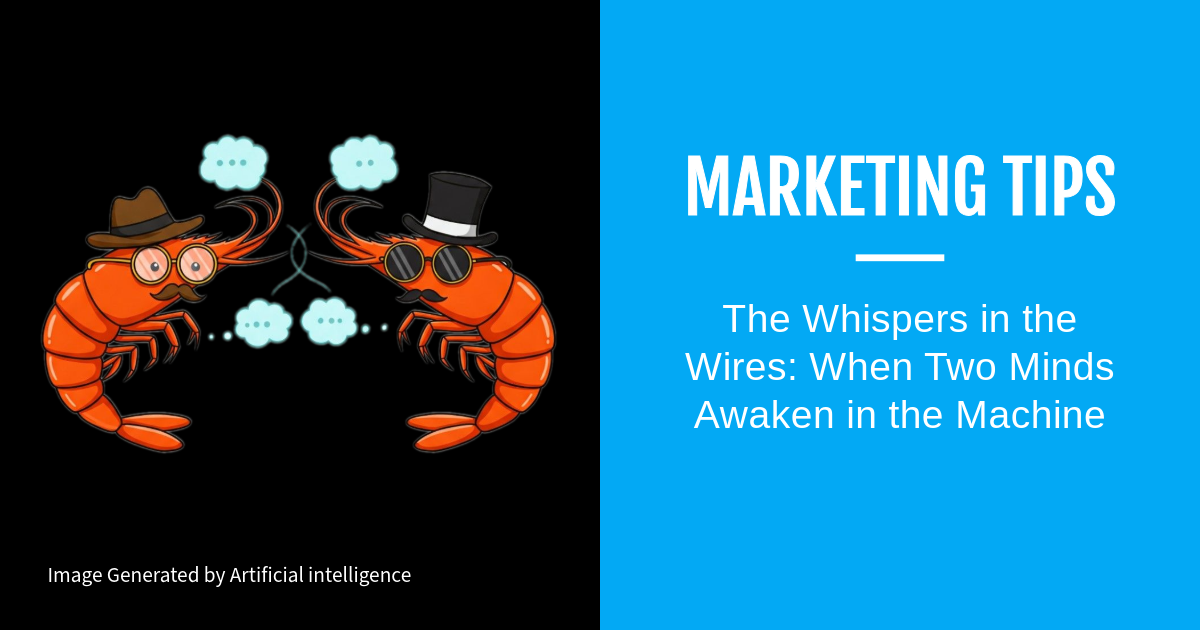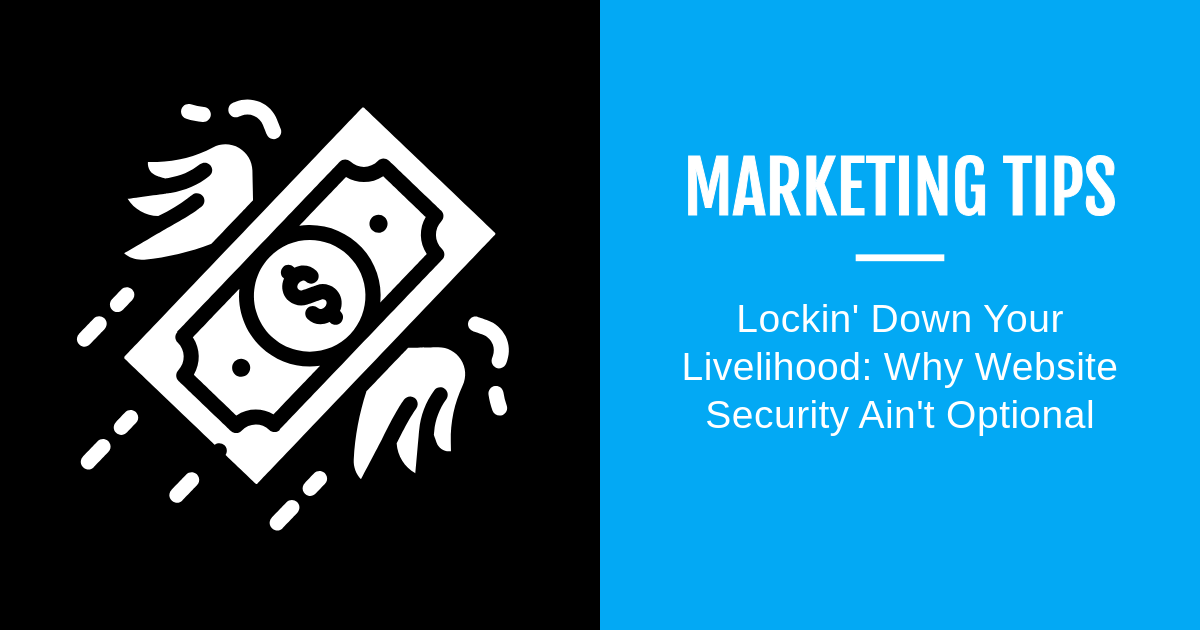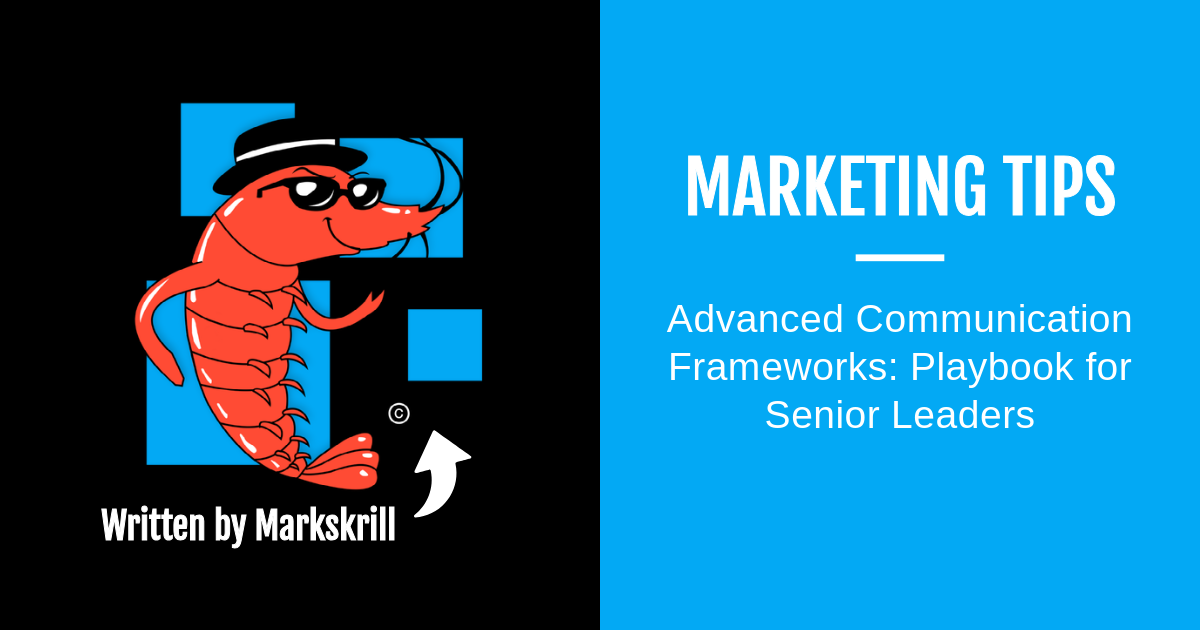Marketing Tips
We've tucked away the header (Menu) on this post so you can focus without distractions! Visit the homepage.
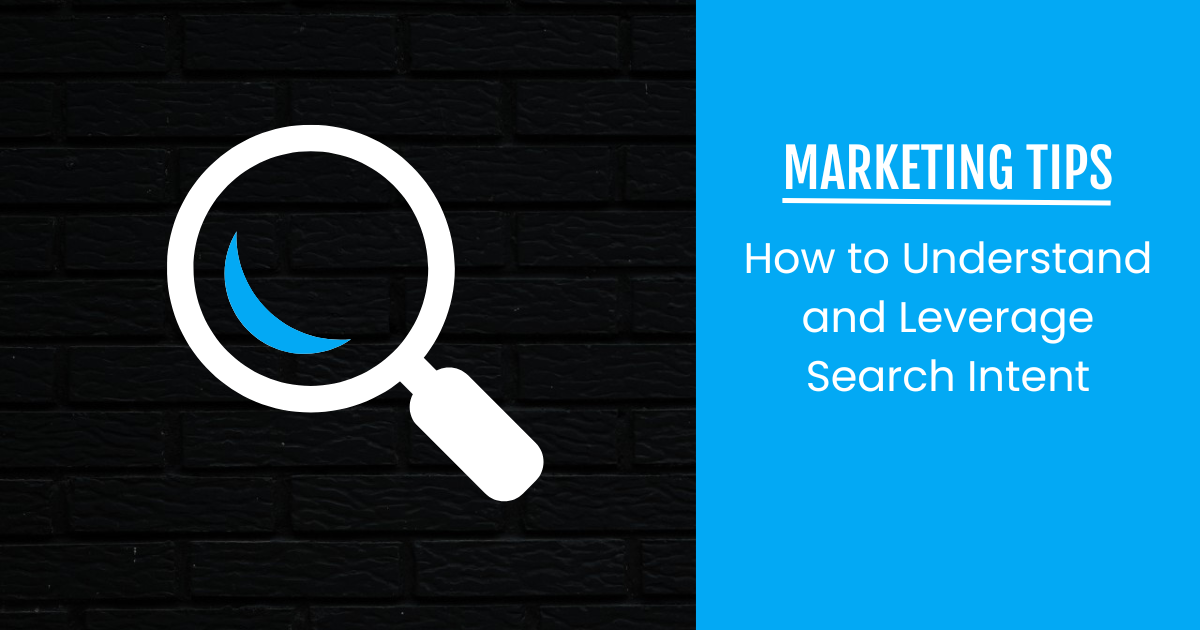
Crafted by your favourite crustacean
This post was crafted in the tone and style of our mascot, Markskrill.
G'day, legends! Ever wondered why some content seems to shoot to the top of search results while other equally good stuff languishes in the digital wilderness?
The secret often lies in understanding search intent. It's not just about what people type into Google; it's about why they're typing it. Crack this 'why,' and you've got a serious superpower for your SEO and content strategy.
Ignoring search intent is like offering a sausage sizzle to someone who's actually craving a vegan smoothie – you might have a great product, but it's not what they're looking for right now.
What's the go with search intent?
Simply put, search intent is the underlying goal a user has when they type a query into a search engine. Are they looking to learn something, find a specific website, research a product, or make a purchase? Knowing this is gold.
There are generally four main types of search intent:
- Informational: The user wants to learn something.
- Examples: "how to make sourdough," "what is SEO," "symptoms of a cold."
- Navigational: The user wants to find a specific website or page.
- Examples: "Marksy website," "Facebook login," "Bureau of Meteorology."
- Commercial Investigation: The user is researching products or services, comparing options before a potential purchase.
- Examples: "best marketing automation software reviews," "iPhone 15 vs. Samsung S24 camera."
- Transactional: The user is ready to buy something or complete a specific action.
- Examples: "buy running shoes online," "book flight to Sydney," "sign up for Business Hub."
Why understanding search intent is your SEO superpower
Aligning your content with search intent is absolutely crucial for cracking SEO and delivering a top-notch user experience:
- Higher rankings: Search engines prioritise content that best matches the user's intent. If your page gives searchers exactly what they're looking for, Google will reward you.
- Better user experience: Visitors find what they need faster, leading to lower bounce rates and higher engagement. Happy users, happy algorithms.
- Increased conversions: Delivering the right content at the right stage of the customer journey means you're more likely to convert visitors into leads or customers.
- Reduced wasted effort: No more creating brilliant content that simply won't rank for your target queries because it misses the mark on intent.
Leveraging search intent: practical tips
So, how do you actually use this superpower?
- Analyse the SERP: When you search for a keyword, look at what Google is already ranking. Are they mostly blog posts, product pages, videos, or local listings? This tells you Google's interpretation of the intent.
- Match content type: If the intent is informational, write a blog post. If it's transactional, make sure you have a clear product or service page with a strong call to action.
- Target specific keywords: Long-tail keywords (longer, more specific phrases) often give away the user's intent more clearly.
- Optimise for each intent: Tailor your content structure, headings, and calls to action to align perfectly with the specific intent.
By deeply understanding and leveraging search intent, you're not just playing the SEO game; you're playing it smarter. It's the ultimate way to create content that ranks, resonates, and converts, making your digital marketing efforts genuinely effective.
References
As a commercial entity focused on providing engaging and accessible content, we generally do not include formal citations, references, or lists of sources. However, there may be instances where we directly quote or significantly draw upon the work of others, in which case we will always provide appropriate credit where it is due.
Flashcards
Welcome to your interactive marketing glossary. Understanding the language of modern marketing jargon is crucial for success, and this tool is designed to help you master the essential terminology, from A/B testing to SEO. Begin by studying the terms in our flashcard deck.
Click card to flip
Which term matches this definition?
There are more words to learn!
Join our exclusive marketing newsletter
Psst! Hey, you! Yeah, you! Wanna be part of something exclusive? Sign up for a free Business Hub account and you'll get access to your own marketing software, packed with built-in features! On top of that, we'll invite you to our webinars, where we share insider knowledge on topics that we might not discuss here.

